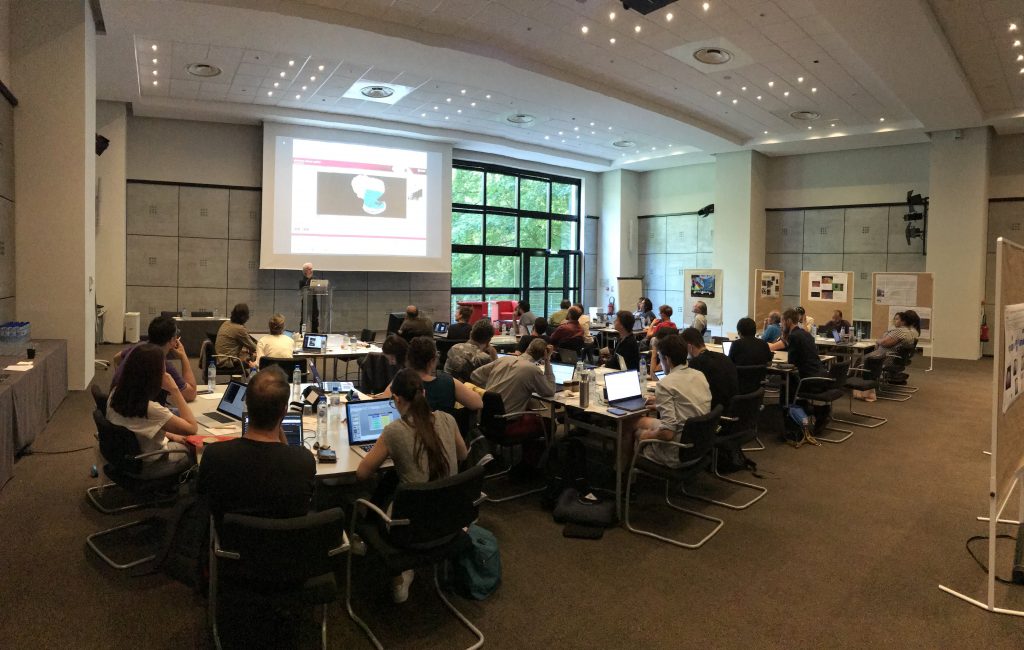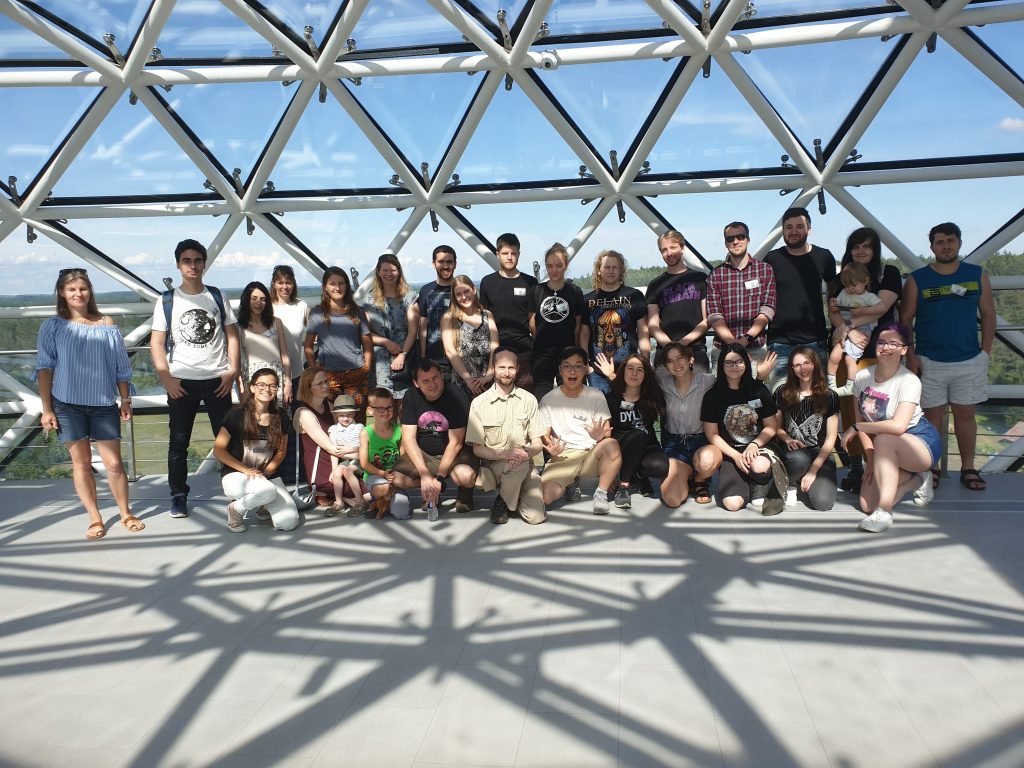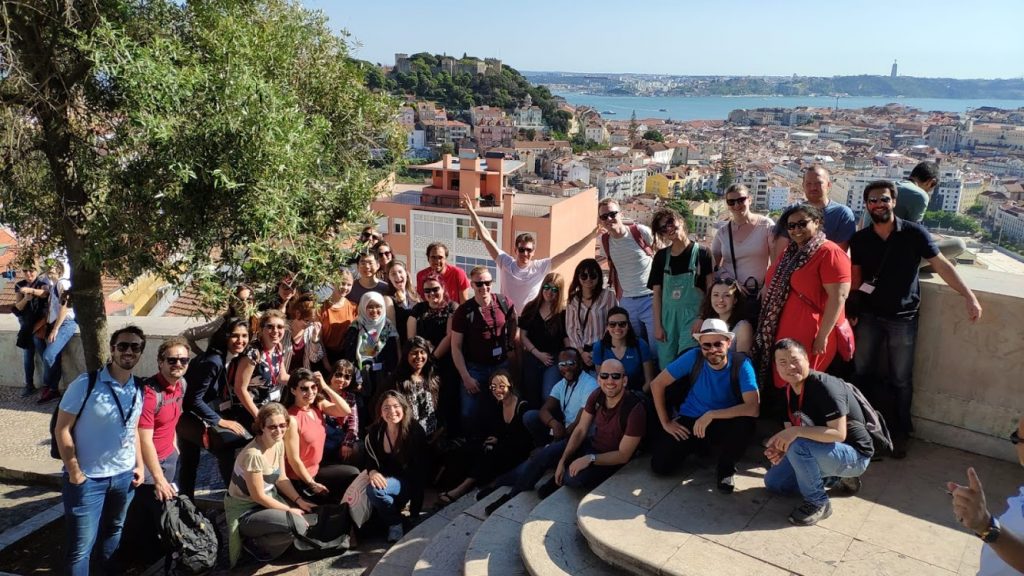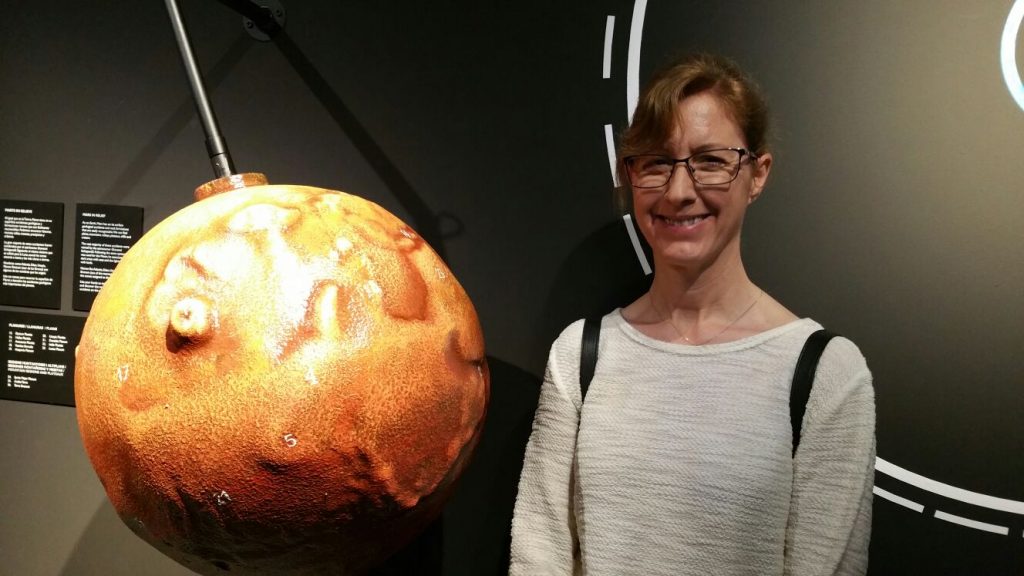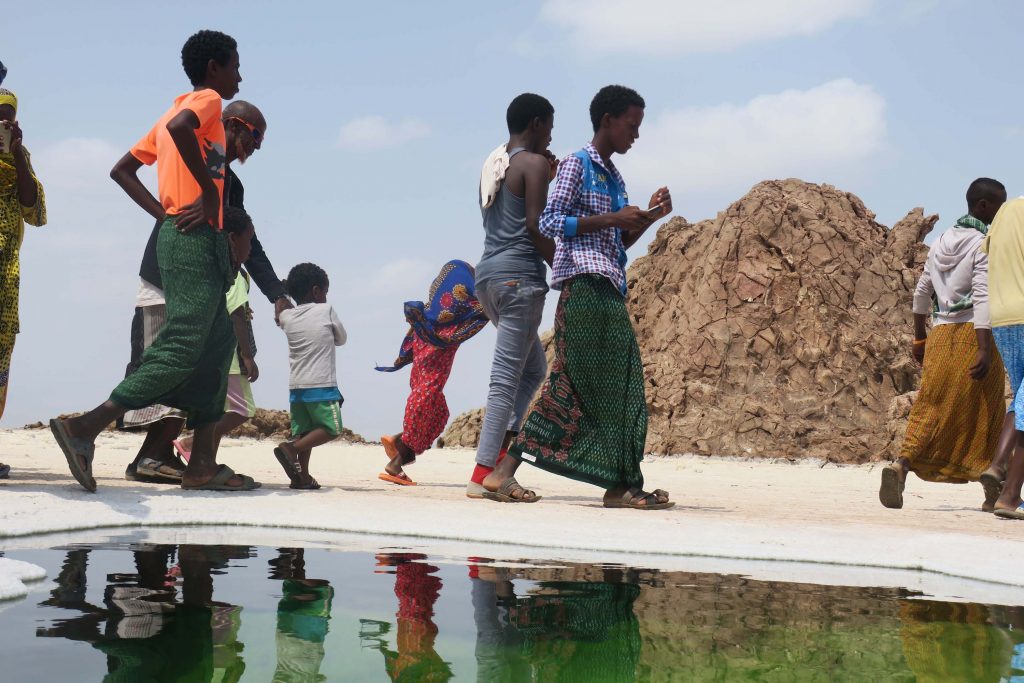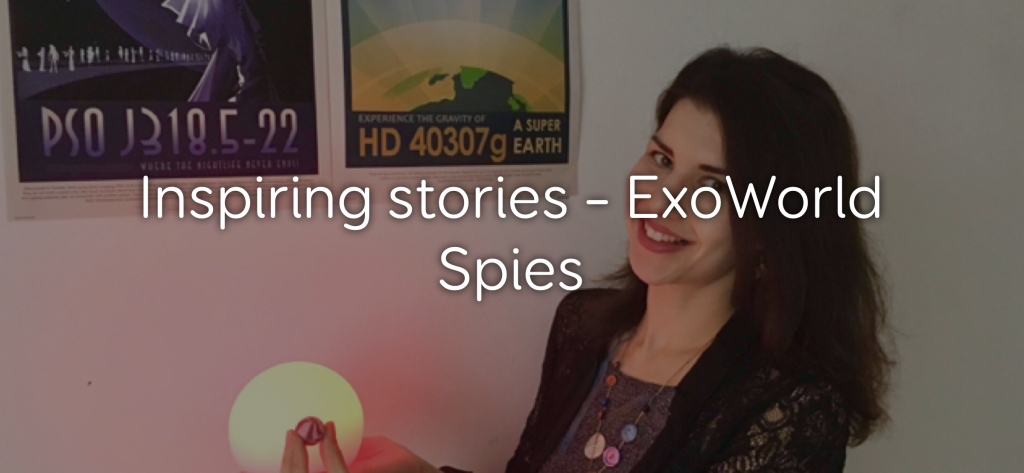Review of Europlanet Highlights in 2019
2019 has been another packed year for Europlanet, with the first anniversary of the launch of the Europlanet Society, the first elections of the Society’s Executive Board, the completion of the Europlanet 2020 RI project and preparations for a new, bigger and more comprehensive research infrastructure. Here, the outreach team has chosen its highlights from the past 12 months.
December – Launch of Cheops
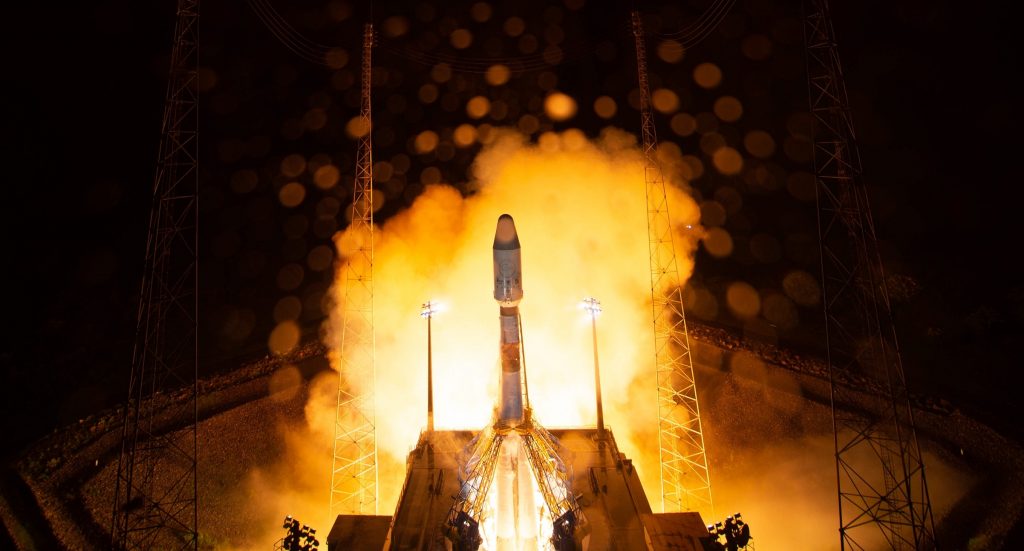
This December, the planetary science community has welcomed a new chapter in exoplanet research with the launch of the Cheops mission. Cheops, the Characterising Exoplanet Satellite, is a space-based telescope dedicated to observing exoplanets as they transit in front of their host stars in order to measure their density and find out more about the planet’s composition and internal structure. The mission is a partnership between ESA and Switzerland, with involvement from 10 ESA Member States. If you would like to find out more about the mission, you can catch up on a pre-launch press briefing with the Cheops team at the EPSC-DPS Joint Meeting 2019 in Geneva back in September.
November – Motivational Journeys
This autumn, the Diversity Working Group of our EPEC Early Career network launched a new monthly video series of ‘Motivational Journeys’. In this series, EPEC has interviewed experienced scientists from various backgrounds and asked them to share personal stories about their early days, their motivation and their strategies for success. The videos are released monthly on the Europlanet Society website and you can watch all the videos on our YouTube playlist.
October – Welcome to our newly elected Europlanet Society Executive Board

In October, the newly elected Europlanet Society Executive Board met for the first time. The Executive Board is responsible for overseeing the governance of the Society and consists of the five officers of the Europlanet Society (President, two Vice-Presidents, Secretary and Treasurer) and six other members.
The current members of the Executive Board of the Europlanet Society have been elected during the Europlanet General Assembly at the EPSC-DPS Joint Meeting 2019 in Geneva. You can find out more about them here.
September – EPSC-DPS Joint Meeting 2019
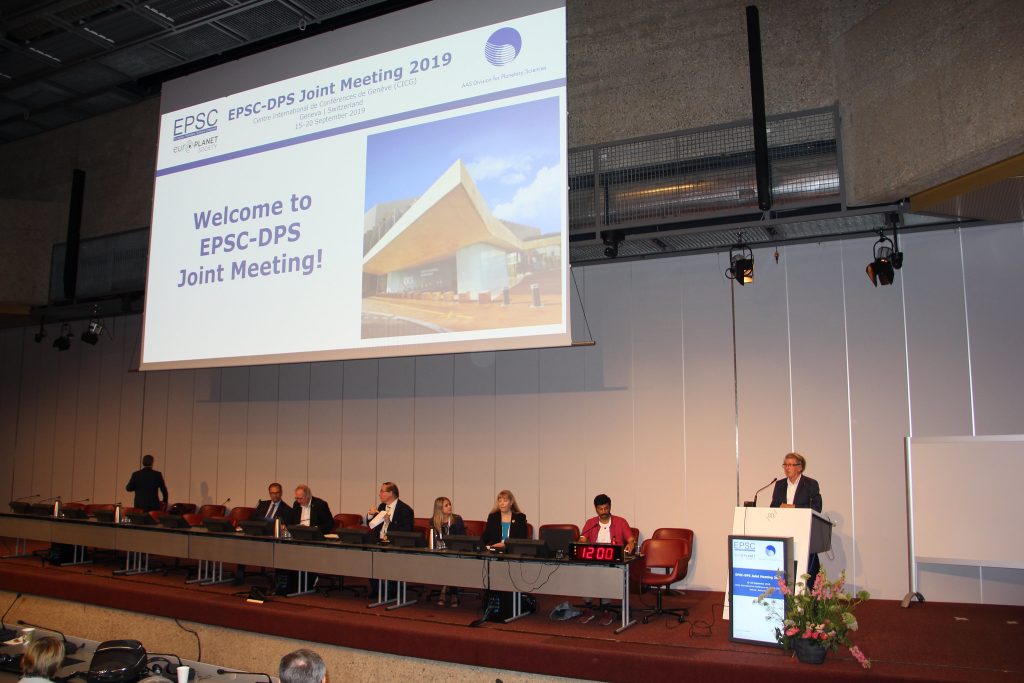
The 2019 Joint Meeting (www.epsc-dps2019.eu) of the European Planetary Science Congress (EPSC) and the Division for Planetary Sciences (DPS) of the American Astronomical Society (AAS) took place at the Centre International de Conférences de Genève (CICG), Geneva, Switzerland, from Sunday 15 to Friday 20 September 2019. The 2019 Joint Meeting was the biggest to to date with 1731 attendees, beating the records of 1532 participants in Nantes in 2011 and 1437 in Pasadena in 2016.
A total of 1938 presentations were scheduled at the meeting, including 1062 orals and 876 posters in 58 sessions, plus 39 splinter workshops and 16 community events. As well as almost 1000 European and over 600 US participants, we welcomed over 90 attendees from Asia as well as researchers from Africa, Australia, Canada, Central and South America.
Join us for the next EPSC in Granada from 27 September – 2nd October 2020.
August – Europlanet 2020 RI project comes to a successful conclusion
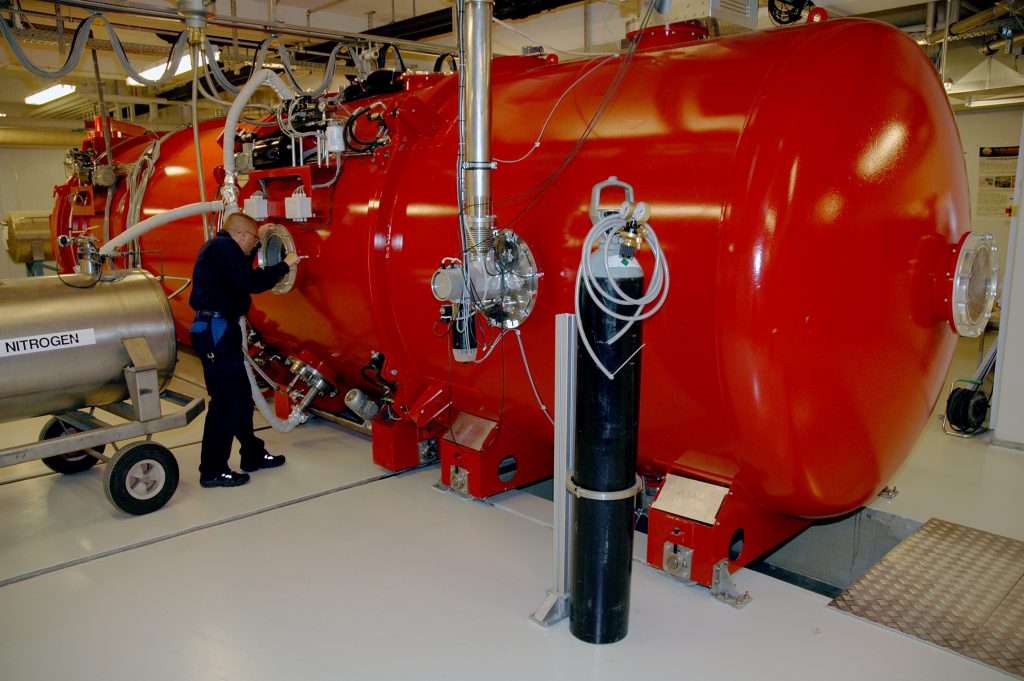
August brought to an end the highly successful Europlanet 2020 Research Infrastructure (RI) project. From 1 September 2015 until 31st August 2019, Europlanet 2020 RI received €9.95 million funding under the European Commission’s Horizon 2020 programme to implement an advanced research infrastructure for planetary science. Europlanet 2020 RI was coordinated by the Open University, UK, with 34 beneficiary institutions from 20 European countries. The project had significant achievements:
- Europlanet 2020 RI provided access to the world’s largest coordinated collection of planetary simulation and analysis facilities. Over the five calls issued by Europlanet 2020 RI, in excess of 1480 access days were provided to the five field sites and 11 laboratory facilities.
- Over 50 planetary datasets and 18.3 million data products are now accessible through the VESPA (Virtual European Solar and Planetary Access) Virtual Observatory developed through Europlanet 2020 RI. . Planetary Space Weather Service (PSWS) toolkits created to track planetary or solar events through the Solar System have attracted over 15,000 users from academia and industry worldwide.
- 84 workshops and training sessions organised during Europlanet 2020 RI have been attended by more than 3,000 researchers, industrial representatives, outreach professionals, teachers and policy makers.
To read more about the outcomes of Europlanet 2020 RI, see the Final Report.
July – 2nd Planetary Mapping and Virtual Observatory Workshop
One of the final highlights of the Europlanet 2020 RI project was the 2nd Planetary Mapping and Virtual Observatory Workshop, which took place in July 2019. The workshop aimed to bring together the geologic, geospatial and VO communities at European scale to progress knowledge, tools and standards for mapping the Solar System. The programme included updates on VESPA, PLANMAP and Data / science infrastructures (OneGeology, INSPIRE, EPOS), as well as lightning talks, tutorials and hackathons. If you missed it, you can find all the presentations and livestreams of the lightning talks online.
June – Apollo 50, Summer Schools and Regional Hub meeting
Europlanet marked the 50th anniversary of the Apollo 11 Moon Landing with events to support its Regional Hub network and early career researchers.
- From 3-5 June, 23 representatives of Europlanet 2020 RI, the Europlanet Society, the Regional Hubs and the planetary science community met in Budapest to develop a strategy for the coming year in widening participation in under-represented states, building links with industry and developing a strong planetary science community supported by the Regional Hubs. Outcomes of the meeting included a successful submission for a session at the EuroScience Open Forum (ESOF) 2020 in Trieste, plans for a systematic demographic survey of the community, and a coordinated Hub presence at the EPSC-DPS Joint Meeting 2019 in Geneva.
- From 11-21 June, Europlanet 2020 RI welcomed 21 students, early career researchers and amateur astronomers to a summer school at the Molėtai Astronomical Observatory in Lithuania. The 2019 course was the 20th anniversary of the inaugural summer school organised by the University of Vilnius at MAO and the third time that it has been supported by Europlanet 2020 RI. A priority for Europlanet is to support planetary science in under-represented states, so we were particularly delighted that the class of 2019 included students from Albania, Armenia, Bulgaria, Croatia, Georgia, Lithuania, Poland, Turkey and Romania, as well as Austria, France, Ireland, Italy, Norway, Spain, Vietnam and the UK.
May – 2nd EPEC Annual Week
The 2nd EPEC (Europlanet Early Career network) Annual Week was held at the University of Lisbon, Portugal from 20th-24th May 2019. 44 early career professionals from all over the world and across the Europlanet community gathered to discuss current and future space activities in Europe. The workshop brought together experts and young professionals to share their ideas and experiences about research, outreach and future goals, in an effort to promote international collaboration and increase the interest of younger generations in science. The talks given during the workshop covered several topics related to careers in space science, as well as science policy and future space research.
The 3rd EPEC Annual Week will take place in Padova, Italy, in 2020. Look out for details on the EPEC news pages of the Europlanet Society website.
April – Europlanet Prize for Public Engagement Announced
In April, the 2019 Europlanet Prize for Public Engagement with Planetary Science was awarded to Dr Amelia Ortiz-Gil in recognition of her pioneering work in developing educational and outreach resources for people with a range of physical and cognitive special needs.
Dr Ortiz-Gil has more than 15 years’ experience working in outreach at the University of Valencia (Spain), and has led numerous initiatives to promote accessibility in astronomy, including the development of tactile 3D planetary globes of the Moon, Mars and Venus.
March – Planning for the future with the world’s largest collection of planetary simulation and analytical facilities
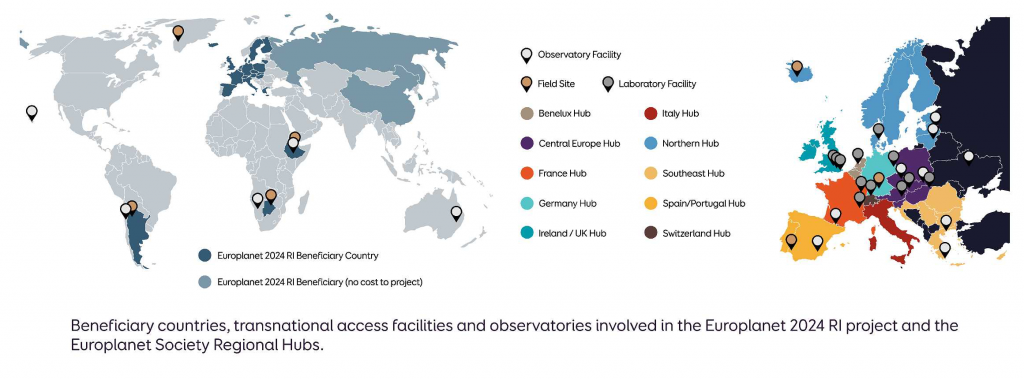
In March 2019, a consortium of 56 beneficiaries submitted a bid to the European Commission’s Horizon 2020 programme proposing a new, upgraded research infrastructure (RI) to support planetary science in Europe. The Europlanet 2024 RI project was selected in August 2019 and the consortium is currently in preparation of the Grant Agreement with the EC.
Europlanet 2024 RI represents a step-change in ambition for planetary science worldwide. The project will provide access to 31 Transnational Access facilities on five continents and four Virtual Access services linking over 100 data services and catalogues. Innovations include the establishment of a ground-based observation network to support space-based missions, the launch of an interactive mapping service to provide virtual exploration of planetary surfaces, and the development of machine learning tools for data mining to fully exploit and analyse planetary data sets.
We look forward to starting this adventurous project in the spring of 2020!
February – Afar Desert Class
In February, Barbara Cavalazzi from the University of Bologna led the first ‘Afar Desert Class’, a learning experience supported by Europlanet 2020 RI for elementary and middle school students of the village located nearest to the Danakil Depression planetary analogue field site. The course took place from February 23rd to 25th and involved 60 children from the Hamed’Ela elementary school, their six teachers and many members of the community of the village. Teachers learned about the geological peculiarities of their region, and children were taken out to the site to discover what their region means from a scientific and geological point of view.
January – EPEC warms up winter with new series of Inspiring Outreach Stories
In January, Europlanet’s EPEC network kicked off an inspiring New Year with a series of stories by Early Career researchers telling us about their outreach activities. The stories are published monthly and you can find the complete archive on the EPEC Outreach Working Group page.

